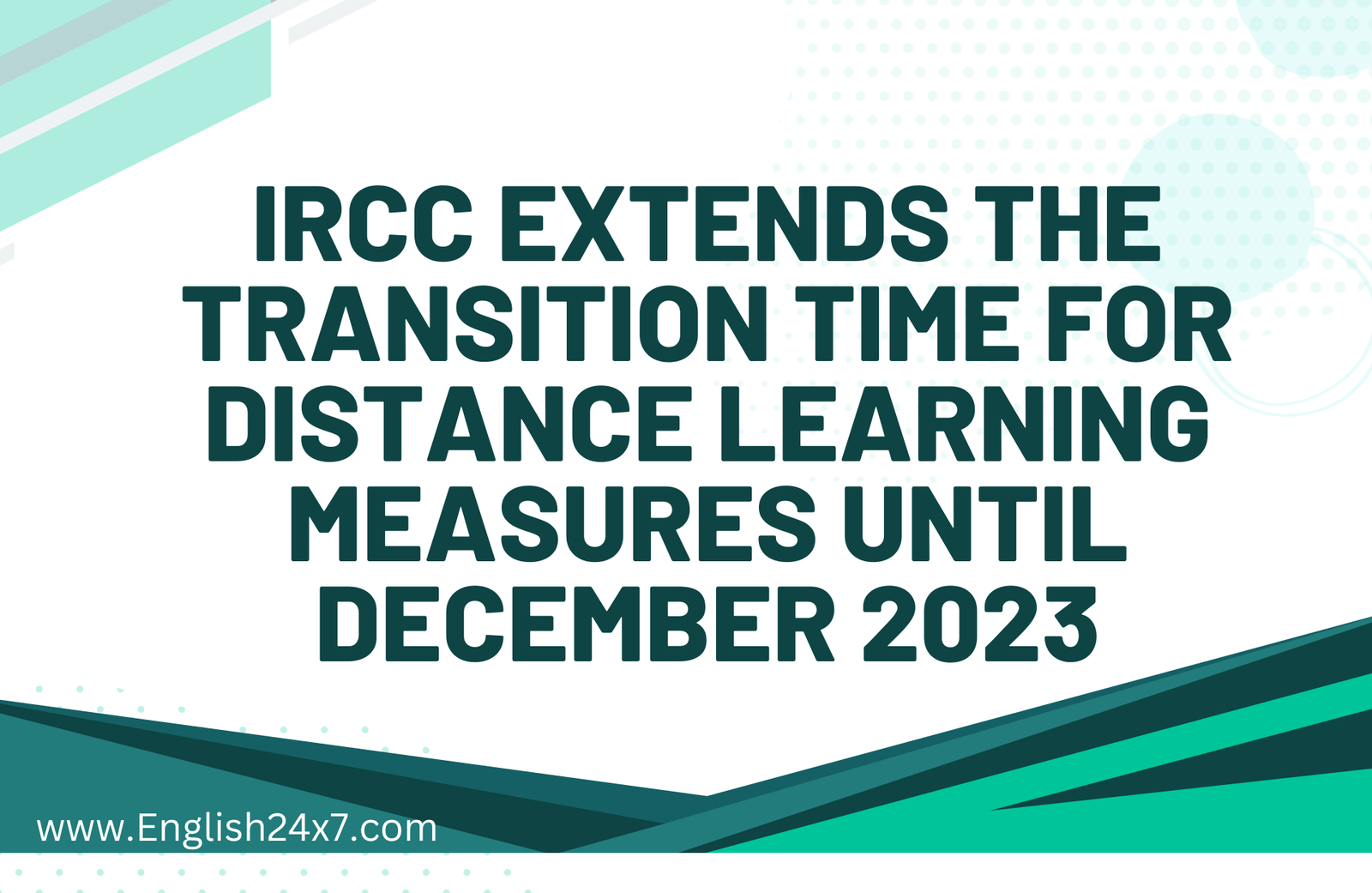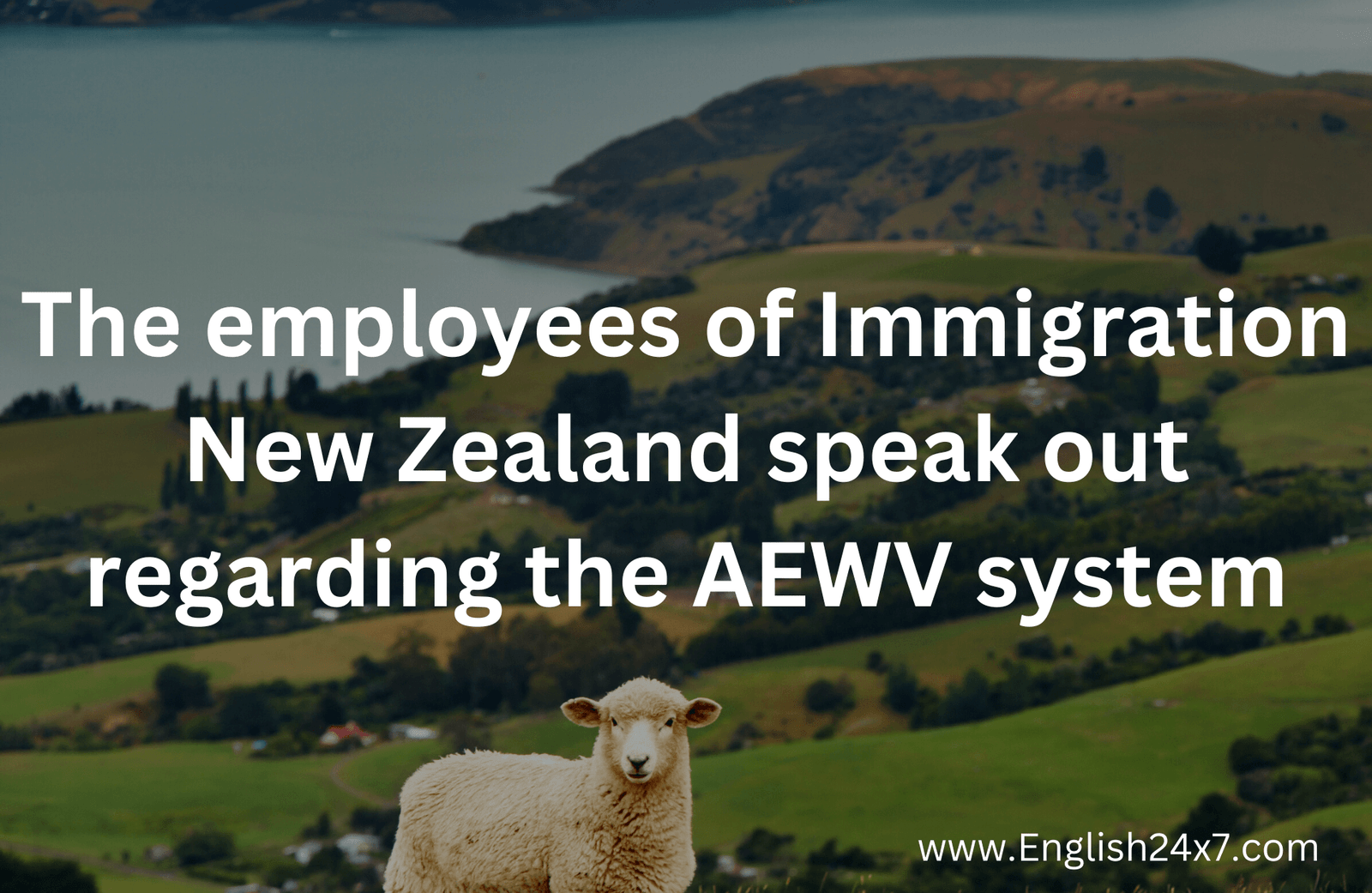
Migration organizations call for changes to Australia's "broken" skills recognition system
Since moving to Australia about 18 months ago, Mohammad Zubair Harooni has been trying to find employment in his field but has been unsuccessful.
While Harooni has an impressive resume that includes work as a UN program specialist in HIV and more than 20 years of experience in public health in Afghanistan, his biggest challenge has been being a new immigrant.
One in four migrants in Australia works below their skill level, and he is one of many who have fought to get his credentials recognized.
My applications for jobs in the health industry have been rejected time and time again, says Harooni, a father of four.
Since my arrival, my qualifications have not been taken into account, which has been incredibly aggravating. Nothing has changed despite the fact that I actually earned my master's degree in Australia.
Even though there are over 350,000 skilled job openings across Australia due to a severe national skills deficit, only 33% of permanent immigrants have had their post-school credentials recognized.
Obtaining an Australian institution to recognize your foreign credentials can be difficult. The Productivity Commission classified it as a difficult, drawn-out, and bureaucratic process in 2006.
It has also prompted Harooni to consider other possibilities, such as accepting an entry-level position at Transport NSW, a job he claims to be happy with but one that doesn't accurately represent what he is capable of.
I'm extremely grateful for my employment, but I can't help but feel unhappy that I'm not working in the field to which I have devoted most of my life, he adds.
My entire life has been impacted by it. I haven't received any pay for a year. I was under a lot of stress since I was unable to rent a home, and it was hurting my health. So I was forced to accept any role.
In light of the shortages in 286 occupations, a new report from a coalition of advocacy and support organizations for migrants calls for reform to help more immigrants find suitable employment and ease labour supply difficulties.
Five alternatives are put out by the consortium, which is made up of Settlement Services International, The Australian Council of Social Service (ACOSS), Amnesty International, Settlement Council of Australia, and Community Corporate. These include improving migrant worker rights, examining the right to work for those with temporary visas, developing collaborations between the public and commercial sectors, and changing English language proficiency criteria. They also include correcting the "broken" system for recognizing talents and qualifications.
The proposed improvements, according to Violet Roumeliotis, CEO of Settlement Services International, would be a "win-win-win" for companies, workers, and the economy.
These concepts might have a profound effect on their life. Because they need the money and can't get their credentials recognized, a lot of doctors, dentists, and lawyers drive for Uber, according to Roumeliotis.
It can be a tremendous hardship for them and their families, especially when they know they can work in a role they are talented in and can be paid well. They become de-skilled, demoralized, and lose motivation.
She claimed that just a third of permanent immigrants successfully navigate the existing system for recognizing overseas credentials since it is a time-consuming and perplexing process.
Around 400 occupations are governed by 34 separate authorities.
According to Roumeliotis, there are frequently cultural impediments to employment and the acceptance of qualifications, such as racism. There is sadly a racist element here, recruiters have informed us, she said.
Some people are adamant that they don't want to recruit persons with certain origins or names they can't pronounce. It is a poisonous mentality.
The cost of qualification recognition should also be changed, according to Mohan Gunasekara, the interim CEO of the Western Sydney Migrant Resource Centre (MRC).
According to Gunasekara, some vocations require many examinations, which might increase the cost, making it expensive to assess particular skills.
In the meantime, the federal government is acting to expand Australia's humanitarian resettlement program for 2023–2024 in accordance with its election campaign pledge.
There are 17,875 slots available for the 2022–23 program, including 1,400 slots for the community support program and 4,125 additional slots for citizens of Afghanistan.
The bulk of those with temporary protection visas will soon be converted to permanent visas, according to the government, which has already issued almost 3,000 resolution of status (ROS) visas.







